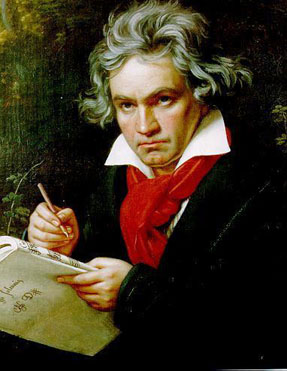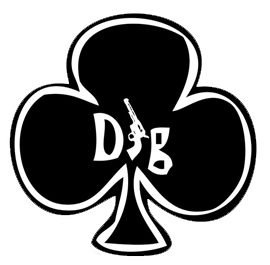
One quality of a truly remarkable performance is that there is often one note and/or one phrase that can encapsulate the grace, fire, virtuosity, subtlety, or authenticity of the artist.
I believe it is the duty of all Listeners and Performers to seek out, catalogue, & utilize these gestures as references to further inform their aural pallets.
Today I would like to address an illuminating moment in the first movement of Ludwig Van Beethoven's piano sonata No. 32 opus 111. The featured recording is from Wilhelm Backhaus.
Beethoven No. 32 Op 111
This piece is known for many things. First it is Beethoven's final piano sonata (circa 1821) and is a daunting juggernaut of technique and musicality. Second, the arc of the entire work is unusual since it does not contain the typical 3rd movement.
Because I love a good Beethoven anecdote: when he was asked about the absence of the 3rd movement he replied quite simply, "I don't have time to write a third movement."
Finally, and most importantly for today's listening, one of the musical themes within the first movement is a window to the future as Beethoven channels language usually associated with jazz, ragtime, and specifically George Gershwin.
When listening keep an ear open for the gesture that occurs at 2:40 & 4:27. To the contemporary listener the jazz influence is unmistakable, despite the obvious timeline discrepancy. This is a not a trick of the performer. I have three separate recordings of this piece and it is indeed the intent of the notes and rhythms on the page to sound this way.
This is perhaps the first instance in recorded musical history when these pitches and rhythms are combined in this way. Of course, it is only a single gesture within a 23 minute work, but it is still a remarkable gem in a beautiful composition. Regardless, the first major amalgamation of jazz and classical language gets accredited to George Gershwin after the 1924 premier of his work Rhapsody in Blue.
Listen back, and the listen again. Collect these sounds, put them in your memory bank, and then put them to use for you when you hear more new music. In the words of the maestro himself, "From the heart, may it go to the heart." –L.V. Beethoven

